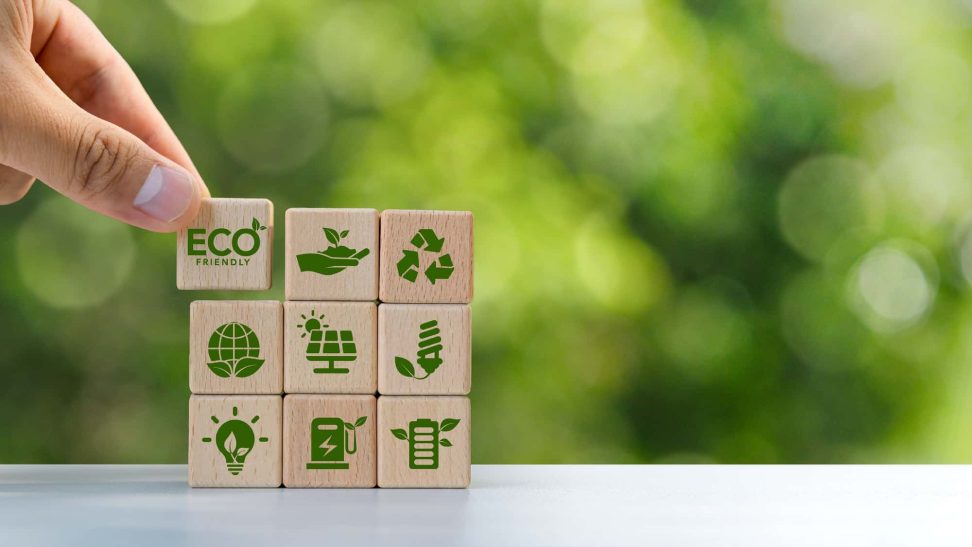Lotus365 Book, Lotus365, Lotus365: Recycling plays a crucial role in waste management by reducing the amount of waste that ends up in landfills. When materials such as plastics, paper, glass, and metals are recycled, they can be reprocessed and used to create new products, thus conserving natural resources and energy in the production process. By recycling, we not only reduce the burden on landfills but also contribute to a more sustainable and environmentally-friendly future.
On the other hand, upcycling involves transforming waste materials or unwanted products into items of higher value or quality. This creative process not only gives new life to old items but also helps to reduce the overall amount of waste being generated. Upcycling encourages innovation and resourcefulness, as it challenges individuals to think outside the box and find inventive ways to repurpose materials that would otherwise be discarded.
The Benefits of Adopting Sustainable Practices in Manufacturing
By embracing sustainable practices in manufacturing, companies can significantly reduce their environmental footprint. Implementing energy-efficient technologies and processes not only helps in conserving resources but also cuts down on greenhouse gas emissions. Additionally, utilizing eco-friendly materials and optimizing production methods contribute to the mitigation of environmental harm.
Furthermore, adopting sustainable practices can enhance a company’s brand reputation and attract environmentally conscious consumers. By demonstrating a commitment to sustainability, manufacturers can effectively differentiate themselves in the market and build stronger relationships with consumers who place a high value on environmentally responsible products. Moreover, investing in sustainable practices often leads to cost savings in the long run, as companies streamline their operations and reduce waste generation.
Why is waste management important in manufacturing?
Waste management is important in manufacturing because it helps reduce the environmental impact of production processes. Recycling and upcycling materials can help decrease the amount of waste sent to landfills and conserve natural resources.
What are the benefits of adopting sustainable practices in manufacturing?
Lotus365 Id, 99exch, 99exch.com Login: Adopting sustainable practices in manufacturing can lead to cost savings, improved brand reputation, and reduced environmental impact. It can also help companies comply with regulations and attract environmentally conscious consumers.
How can recycling and upcycling benefit manufacturing companies?
Recycling and upcycling can benefit manufacturing companies by reducing the need for raw materials, lowering production costs, and improving resource efficiency. It can also create new revenue streams through the sale of recycled or upcycled products.
What are some common sustainable practices that manufacturing companies can implement?
Some common sustainable practices that manufacturing companies can implement include energy-efficient manufacturing processes, waste reduction strategies, using renewable energy sources, and implementing green supply chain practices.
How can companies measure the impact of their sustainable practices in manufacturing?
Companies can measure the impact of their sustainable practices in manufacturing by tracking key performance indicators such as energy consumption, waste generation, carbon emissions, and water usage. They can also conduct lifecycle assessments to evaluate the overall environmental impact of their products.
Have A Look :-


